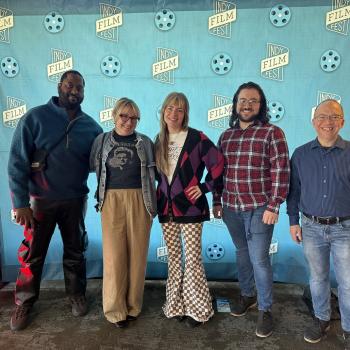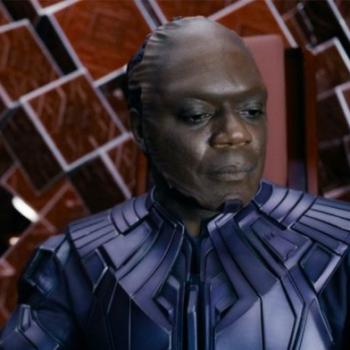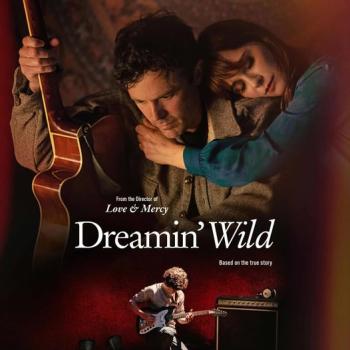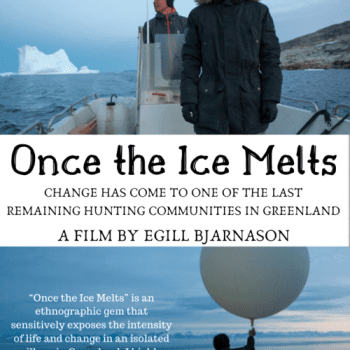I just watched the movie News of the World starring Tom Hanks. It was comments and thoughts about the film from my wife, an American citizen who spent most of her life in Romania, that helped me to realize how much the history of colonization, settlement, and the “Wild West” is key to understanding the culture of the United States right down to today.
Even those of us whose European ancestors came well after that time, we joined ourselves to this story, even if we weren’t always embraced with a warm welcome when we did so. And so however much more comfortable we may be with talking about colonialism and the genocide of indigenous peoples than White Anglo-Saxon Protestants in North America, we still use those fancy terms to avoid harsher and blunter words.
So let’s say it frankly and honestly: Our entire society is built on crime, on criminality. It starts with theft, with murder following close behind.
Why are Americans so wedded to their guns, people elsewhere in the world ask? Why do the roots of racism seem to run so much deeper in North America than anywhere else?
Because these are the tools used to perpetrate the crime. Land was stolen, sometimes outright and sometimes through crooked dealings and the kind of swindling through business that has itself become such a characteristic part of our culture. Racism was crucial in dehumanizing the victims and blunting the recognition of what was being done to fellow human beings. Racism and a sense of cultural superiority was the only thing that could allow the slaughtering of those who dared oppose our theft of their land and their freedom as though they were wronging us to coexist with the self-delusion that we are not mere common criminals but involved in something more noble.
Even thinking about other movies that are related to these themes of America’s past, such as Far and Away with Tom Cruise and Nicole Kidman, provide insights into our culture. Where else but here could people create an ad how competition for land stolen from others and accept that the winners deserve the spoils as their victory prize? Where else but in a land with that history could we compete for wealth in much the same way and consider it just that those who come first in the arbitrary game we have set up deserve to remain with amassed wealth while the losers remain with their leftovers or perhaps nothing at all?
Of course, the movies tell stories about that past from the perspective of this present and the storytelling is shaped by our present and more recent past national experiences. Nevertheless, there are threads that can be seen, threads that we ourselves draw and knot together into the fabric of a national story.
Why am I saying all this? Because I see white European Christian America struggling to accept that racism, colonialism, and greed are our legacy, things that afforded us privileges and head starts that have benefitted us or at least spared us certain disadvantages. I think the struggle is because the stories of the Deep South, the Wild West, and any other part of the story you may care to focus on still try to cast the narrative in a noble and heroic light.
I don’t think we will see true, genuine repentance in White America until we can collectively acknowledge that we are built on theft, murder, sheer unbridled criminality.
It is not an easy thing to do. But the reason for insisting that Native Americans were savages (while they today docilely live on reservations or integrate into society or drink themselves to death) and the descendants of slaves are dangerous and violent (even as their docility and capabilities were emphasized when their forebears were sold) is to project onto the victims of our collective crime the attributes we wished to deny about ourselves.
We cannot repent of casting others as savages until we are willing to confess that we were the savages all along. We cannot confess the denigration of others as inferior until we are willing to recognize that debased and shameful motives were at work however much we shrouded them in the rhetoric of democracy or progress or anything else.
There is a moment in the movie when Captain Jefferson Kidd, Tom Hanks’ character, tells a young girl who was born to a German family that settled on Kiowa land, who was taken by the Kiowa after they killed her family, and then later taken from the Kiowa when they in turn were killed by Americans that it is best to forget such things and move forward. She says in Kiowa something to the effect that to move forward one must first look honestly at and confront the past.
I read that there are perhaps 1,000 surviving speakers of Kiowa in the world today. Their land and the prospect of culture for survival was stolen from them. Do we dare to recognize that they were at least as wise all along as the Europeans who brutally and criminally massacred them? Do we dare recast our national story as one not of noble heroism of cowboys in white hats against savage Indians but of thieves in white hats maligning their victims while casting themselves as honorable?
Until we can tell our own story, the story of American whiteness, in a brutally honest way, in a way that confesses it has been honestly brutal, nothing remotely like genuine repentance will happen. And without repentance we cannot make progress.













